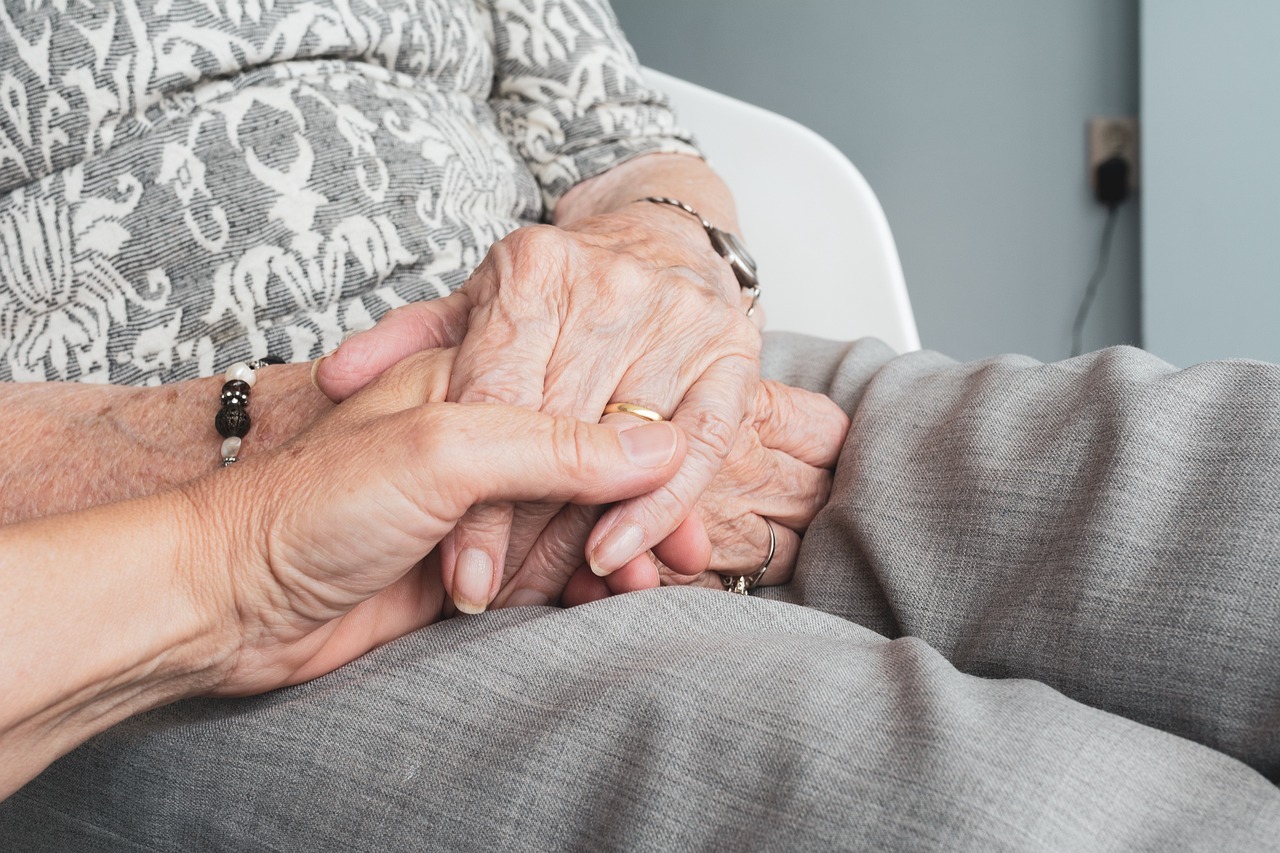Anxiety in Parkinson's disease
Published in Neuroscience

Explore the Research

The experience of Anxiety for people with Parkinson’s disease - npj Parkinson’s Disease
npj Parkinson’s Disease - The experience of Anxiety for people with Parkinson’s disease
“I don’t know if it’s the anxiety or the Parkinson’s, but I feel like I’m shaking on the inside.” [Participant 18]
Why is this topic important?
Parkinson’s disease is typically characterised by symptoms of shaking, stiffness and difficulty with balance and coordination. Medical diagnosis relies on such features being present. Less well-known are the range of non-motor features that can also present, such as sleep difficulties, pain, depression, and anxiety. Yet when diagnosed individuals and carers have been asked about living with Parkinson’s, anxiety has been described as more challenging to live with than motor symptoms. Prevalence is high: up to 56% of people with Parkinson’s will experience anxiety at some point in their lives, compared to a third of the general population. Many people with Parkinson’s will meet diagnostic criteria for multiple anxiety disorders. Yet a paucity of research means it remains unclear whether anxiety is a reaction, symptom, effect of medication, or whether there is a form of anxiety unique to the disease.
Anxiety can be defined as an excessive feeling of worry or unease, characterised by an underestimation of ability to cope in everyday life. However, many features typically used to screen for anxiety – including shaking, fatigue, loss of appetite – are common symptoms of Parkinson’s. The incidence of Parkinson’s rises sharply with age, and older adults may have other causes of anxiety or be more likely to normalise it and underreport symptoms. Detection is thus elusive; studies show consultants often miss anxiety in their patients. Even when anxiety is detected, there are few treatments that have been demonstrated as effective in trials. Older adults are generally more likely to be offered medication over talking therapies for mental health difficulties than younger adults, yet traditional anti-anxiety medications run the risk of deleterious side effects such as fatigue and falls. Few studies have tested the effectiveness of talking therapies. Anxiety in Parkinson’s is thus understudied, under diagnosed, and under treated.
There is little research exploring how those living with Parkinson’s perceive their experience of anxiety. Yet understanding how anxiety is perceived is crucial if we want to generate explanatory models and deliver interventions that address treatment expectations.
What did we do?
We interviewed people with Parkinson’s about their experiences of anxiety. Interviews followed a semi-structured topic guide designed by the research team, with input from a potential participants and carers. We regarded participants as the experts of their experience. We did not define anxiety in advance or set a minimum eligibility threshold for anxiety as measured by scales, as we regarded severity as less important than its subjective impact on people’s lives. Interviews were then analysed to create themes. Each theme captures a distinct, coherent, and internally consistent account of our participants' experiences.
What did we find out?
A dominant perception of anxiety was one of persistence, with nearly all participants perceiving anxiety as connected to Parkinson’s in some way, and thus a part of life that must be accepted rather than cured. The symptoms described were diverse. We arranged findings into four themes: conceptualising anxiety; anxiety and the body; anxiety and social identity; and coping with anxiety.
For some, anxiety was perceived as part of self; for others, anxiety was an intrusion upon the self; for a minority, anxiety led to moments of derealisation and loss of self. Such distinctions are important. Whether anxious thoughts are perceived as part of us or separate typically affects how we manage such experiences. Studies show that if we find it hard to defuse from thoughts, our thinking becomes inflexible, and we typically use avoidance strategies to avoid feeling overwhelmed. This maintains anxiety over time.
Anxiety was perceived as a physical experience capable of worsening other Parkinson’s symptoms. Physical symptoms of anxiety are common in other populations. It could be that that anxiety leads to an increased overall perception of other Parkinson’s symptoms, or it could be that perception of physical sensations is altered in Parkinson’s, as some recent studies suggest. Interestingly, medication used to manage symptoms was not perceived to affect anxiety, as has been assumed.
Anxiety was perceived to affect social identity. For some - but not all - this was related to their Parkinson’s diagnosis and a fear of not being able to cope or being viewed by others as somewhat different to before. Fear of social stigma meant anxiety was often concealed from others, including friends and family. Given what we know about the importance of social networks for mental health, social network attrition or feelings of isolation could worsen anxiety over time.
Coping strategies varied. Some tried to suppress anxiety, some used exercise, some used mindfulness. Few had spoken about anxiety with professionals, citing how busy professionals were, stigma, or concern that all they would be offered is more medication, which was strongly resisted. Many conveyed a preference for psychological treatments, but of those that had tried them, some felt the therapy had been generic or inapplicable.
What makes our findings important?
“Mental wellbeing is just as important as some of the physical symptoms that you’re dealing with.” [Participant 19]
Overall, anxiety was conveyed as frequent, debilitating, and as incapacitating as motor symptoms. Testing should take place periodically to enhance detection, as patients may not seek help. However, patients may resist medication or regard referral to a psychiatrist as an invalidation of symptoms perceived to be closely related to Parkinson’s.
“I wish the wider healthcare world would view it as something that is part of the condition, rather than a consequence of having to deal with it.” [Participant 20]
A purely biomedical interpretation of anxiety as brain disease would overlook the social, psychological, and behavioural dimensions of illness and be disjointed from treatment aspirations. We suggest future treatment trials of psychological therapies include the patient’s explanatory model for their anxiety and call for more research that prioritises the views of those with experience. By doing so, we can better understand how physical experiences relate to anxiety and how it can best be managed.
Follow the Topic
-
npj Parkinson's Disease

This journal publishes original basic science, translational and clinical research related to Parkinson's disease, including anatomy, etiology, genetics, cellular and molecular physiology, neurophysiology, epidemiology and therapeutic development and treatments.
Your space to connect: The Psychedelics Hub
A new Communities’ space to connect, collaborate, and explore research on Psychotherapy, Clinical Psychology, and Neuroscience!
Continue reading announcementRelated Collections
With Collections, you can get published faster and increase your visibility.
Cognition - preclinical models, and preclinical unmet need
Publishing Model: Open Access
Deadline: Jul 27, 2026
Environmental risk factors for Parkinson’s disease
Publishing Model: Open Access
Deadline: May 13, 2026




Please sign in or register for FREE
If you are a registered user on Research Communities by Springer Nature, please sign in